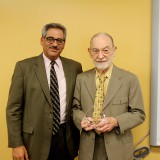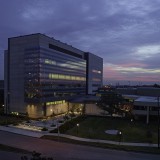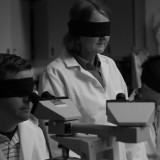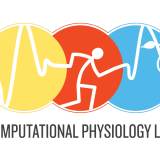UH-Led Research Team Seeks to Improve Language Learning in Bilingual Children

Professor of Communication Sciences and Disorders Anny Castilla-Earls said they will be studying an often under-served population of children: bilingual kids with developmental language disorder.
A University of Houston professor and her research team are seeking to improve the lives and education of bilingual children across the country through their research on developmental language disorder.
Anny Castilla-Earls, professor of communication sciences and disorders, was awarded $3.27 million for five years by the National Institute on Deafness and Other Communication Disorders to investigate the relationship between a child’s proficiency in English or Spanish and the language in which they receive treatment for developmental language disorder. Developmental language disorder, or DLD, is a communication disorder that interferes with a person’s learning, understanding and use of a language, and the cause cannot be attributed to limited language exposure, autism, intellectual disability, hearing impairment, or other external factors.
“This is often an underserved population of children because they are bilingual,” said Castilla-Earls, a faculty member of the UH College of Liberal Arts and Social Sciences. “There are many difficulties in identifying these children. There are only a few therapy programs for them. And if there are therapies for them, they tend to be in one language only.”
Castilla-Earls, along with her co-principal investigator and University of Delaware communication sciences and disorders professor Amanda Owen Van Horne, point out that a key challenge in serving bilingual children with developmental language disorders is the mismatch between the languages they speak and the availability of speech language pathologists who can provide services in those languages.














